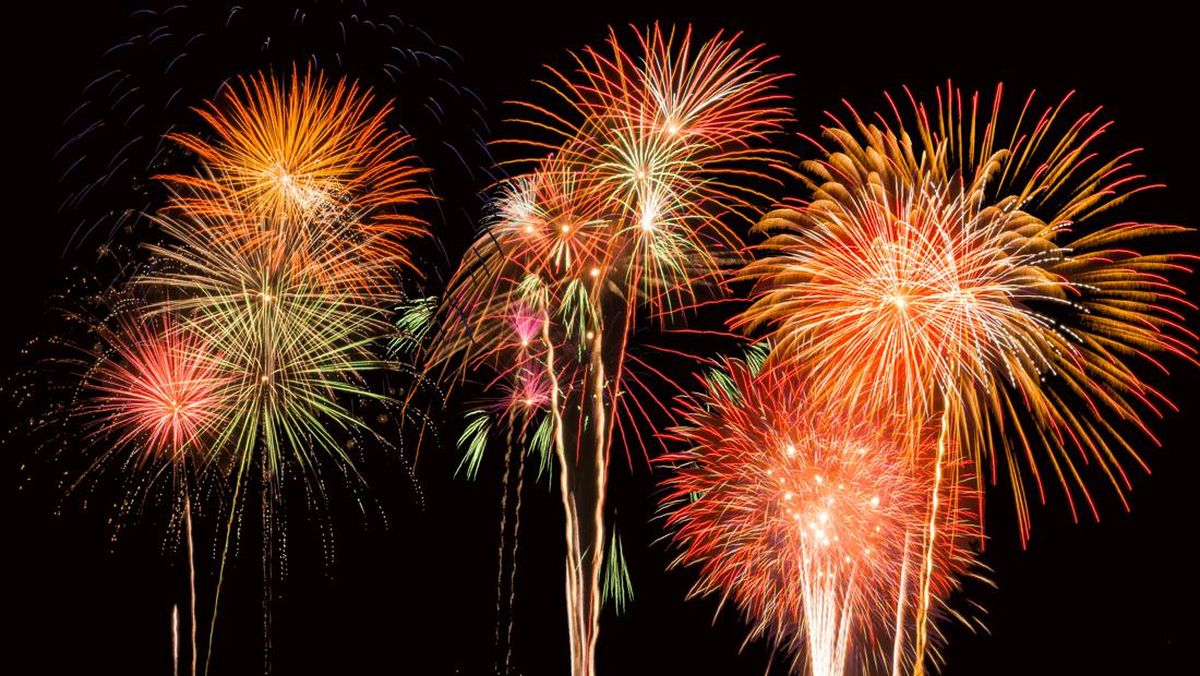Indonesia, an archipelago of thousands of islands, boasts a vibrant tapestry of cultures and traditions. While the Western concept of New Year’s Eve with boisterous parties and fireworks might be familiar, many Indonesians embrace a more relaxed and introspective approach to welcoming the new year. This article explores the unique ways Indonesians celebrate Tahun Baru (Indonesian for New Year), focusing on the emphasis on reflection, family, and spiritual renewal.
A Shift from Western Celebrations
While the influence of Western culture is undeniable, many Indonesians are moving away from large-scale celebrations and opting for more meaningful experiences. This shift is driven by a desire to reconnect with their cultural roots and prioritize personal growth and spiritual well-being.
Family Gatherings: The Heart of Tahun Baru Celebrations
For many Indonesian families, Tahun Baru is a time for introspection and family bonding. Large family gatherings are common, where families come together to share meals, exchange gifts, and engage in heartfelt conversations. These gatherings often involve traditional Indonesian dishes, music, and games, fostering a sense of togetherness and strengthening family ties.
Spiritual Reflection: A Time for Introspection
Religion plays a significant role in Indonesian society, and many Indonesians use Tahun Baru as an opportunity for spiritual reflection. Muslims may attend special prayers at mosques, while Christians may attend church services. Many individuals engage in personal reflection, contemplating the past year and setting intentions for the year ahead.
Simple Pleasures: Enjoying the Beauty of Nature

Given the country’s stunning natural beauty, many Indonesians choose to spend Tahun Baru amidst nature. Popular activities include visiting beaches, hiking in national parks, or simply enjoying the tranquility of their own gardens. These experiences offer a chance to connect with nature, appreciate the beauty of the surroundings, and find inner peace.
Local Traditions and Festivals
While national celebrations exist, many regions in Indonesia have unique local traditions for welcoming the new year.
Bali: In Bali, Tahun Baru is known as Nyepi, a day of complete silence and introspection. All activities, including travel and entertainment, are prohibited. Balinese Hindus observe a day of fasting and meditation, focusing on inner peace and spiritual renewal.
Embracing a Relaxed Approach
Instead of the frantic rush and consumerism associated with Western New Year’s Eve celebrations, Indonesians often embrace a more relaxed and mindful approach. This allows for a deeper appreciation for the present moment, fostering a sense of calm and tranquility as the new year begins.
The Rise of Staycations and Domestic Travel
With a growing emphasis on domestic tourism, many Indonesians are opting for staycations or exploring different parts of their own country during Tahun Baru. This not only supports the local economy but also allows them to discover the diverse beauty and cultural richness of Indonesia.
A Focus on Sustainability
Increasingly, Indonesian celebrations are incorporating a focus on sustainability. This includes reducing waste, minimizing environmental impact, and promoting eco-friendly practices. Many individuals and communities are actively seeking ways to celebrate responsibly, ensuring a greener and more sustainable future.
Conclusion
Tahun Baru in Indonesia offers a refreshing perspective on welcoming the new year. By prioritizing family, spirituality, and personal reflection, Indonesians embrace a more meaningful and introspective approach to this significant occasion. This emphasis on relaxation, cultural traditions, and sustainability provides a valuable lesson for those seeking a more fulfilling and meaningful way to celebrate the start of a new year.


.png?w=200&resize=200,112&ssl=1)


